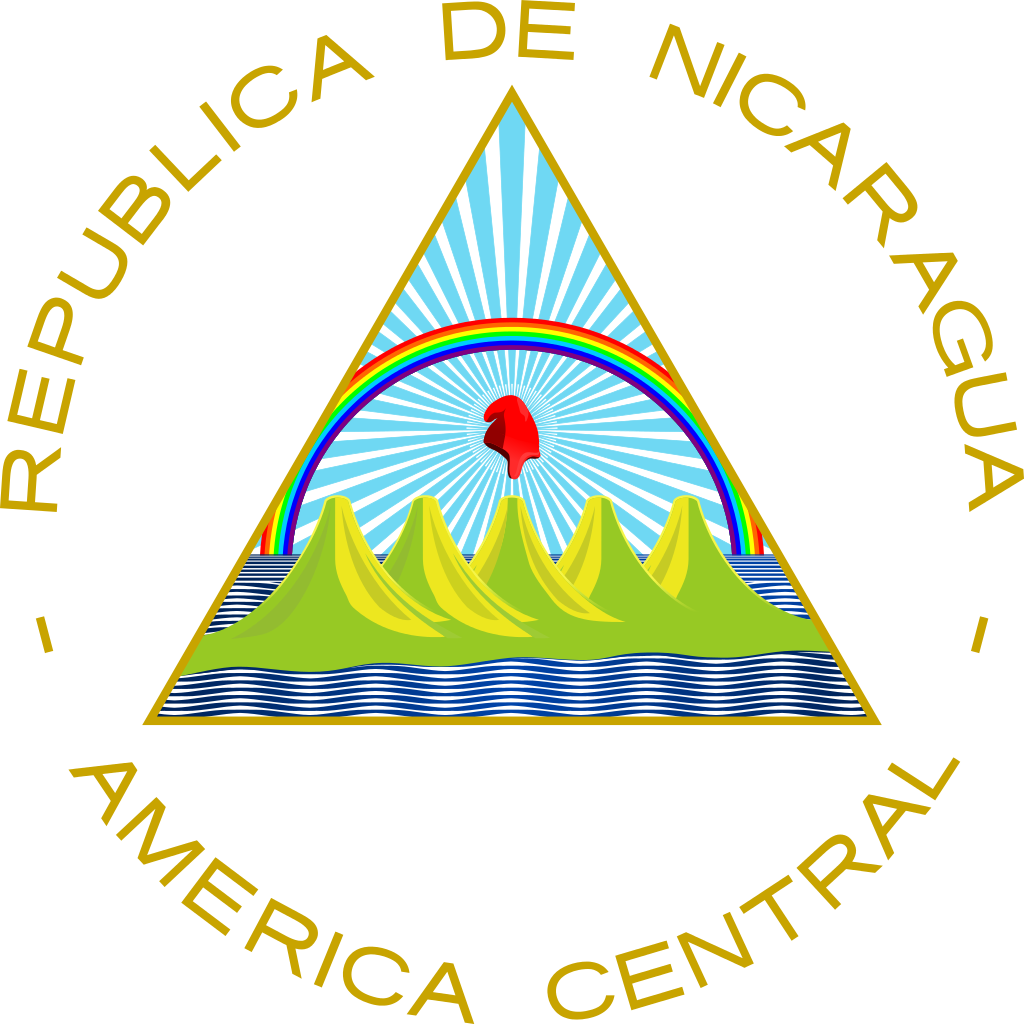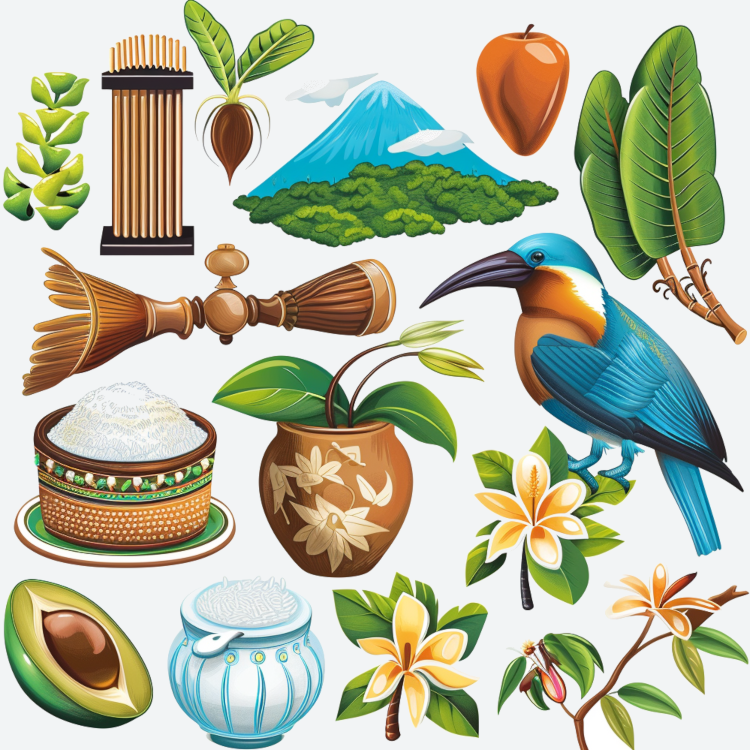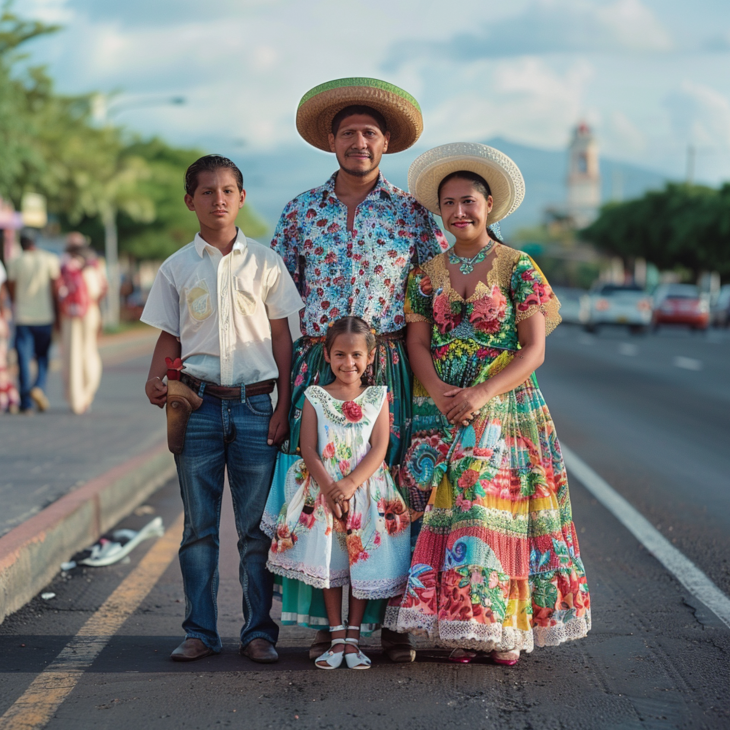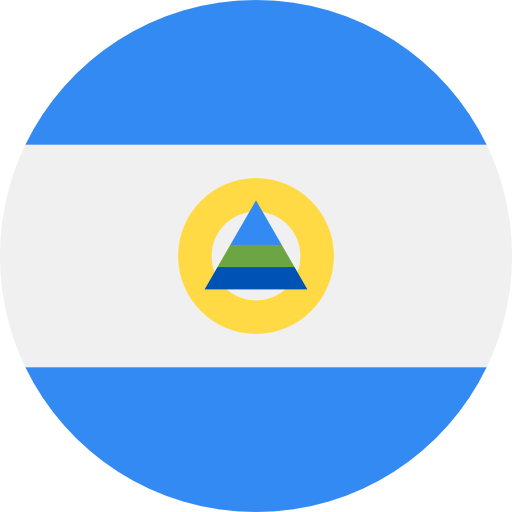About NI

Location
Nicaragua is a country located in Central America, bordered by Honduras to the north and Costa Rica to the south. It has coastlines along the Pacific Ocean to the west and the Caribbean Sea to the east.
Capital
The capital city of Nicaragua is Managua.
Population
As of the latest estimates, Nicaragua has a population of approximately 6.8 million people.
Area
Nicaragua covers a total land area of about 130,373 square kilometers (50,337 square miles).
Official Language
The official language of Nicaragua is Spanish.
Government
Nicaragua is a presidential republic with a multi-party system. The President of Nicaragua serves as both the head of state and the head of government. The country has a unicameral National Assembly as its legislative body.
Independence
Nicaragua gained independence from Spain on September 15, 1821. It later became a part of the United Provinces of Central America before finally achieving full independence as a separate nation on April 30, 1838.
Currency
The currency of Nicaragua is the Nicaraguan Córdoba (NIO).
Economy
Nicaragua's economy is primarily based on agriculture, manufacturing, and services. The country is known for its agricultural exports, including coffee, bananas, sugar, and tobacco. Tourism also plays a significant role in the economy, with visitors attracted to Nicaragua's natural beauty, including its beaches, lakes, and volcanoes.
Natural Resources
Nicaragua is rich in natural resources, including fertile land, minerals, and renewable energy sources such as hydroelectric power. The country is home to numerous volcanoes, with some still active, as well as lakes and rivers.
Culture
Nicaragua has a rich cultural heritage influenced by its indigenous peoples, Spanish colonial history, and African heritage. The country's culture is reflected in its music, dance, literature, art, and cuisine. Traditional Nicaraguan dishes include gallo pinto (rice and beans), vigorón (a dish made with yuca, pork rinds, and cabbage salad), and nacatamales (a type of tamale).
Religion
The majority of the population in Nicaragua identifies as Christian, with Roman Catholicism being the predominant religion. There is also a significant Protestant minority, as well as small communities of other faiths.
Natural Disasters
Nicaragua is prone to natural disasters such as hurricanes, earthquakes, and volcanic eruptions due to its location in a seismically active and hurricane-prone region.
International Relations
Nicaragua maintains diplomatic relations with countries around the world and is a member of various international organizations, including the United Nations, the Organization of American States (OAS), and the Central American Integration System (SICA).
Political Situation
Nicaragua has experienced periods of political instability and civil unrest throughout its history. In recent years, the country has faced challenges related to governance, human rights, and democratic institutions.




